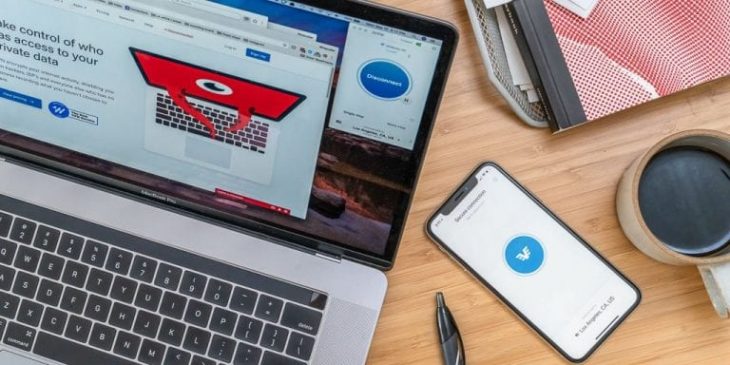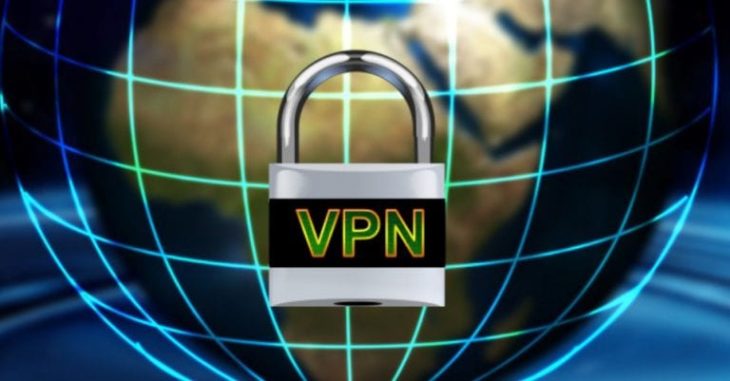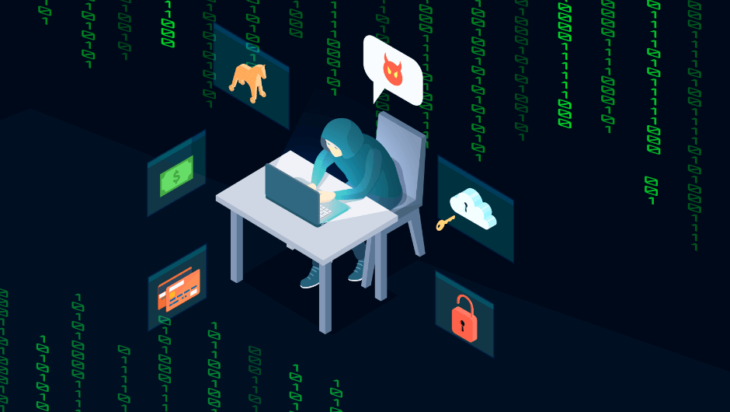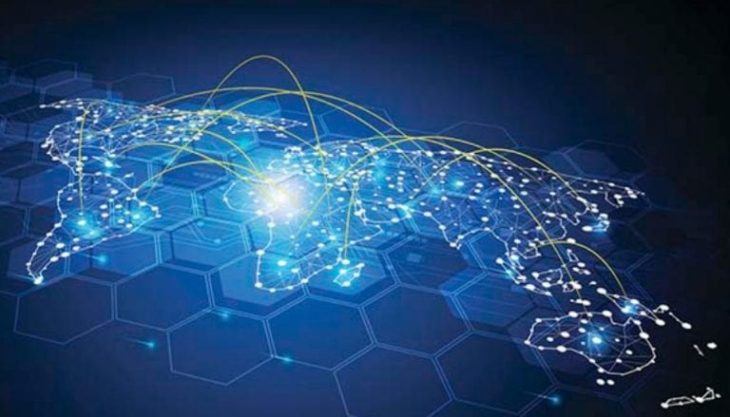When it’s time to pack for a trip abroad, there are all kinds of tech add-ons that you might think of putting in your bag. From international power adapters to portable battery packs and wireless headphones, the options can feel endless. But between installing language apps and city guides, something that’s often overlooked is a multi-purpose VPN.
Virtual private network apps, usually known as VPNs, are becoming just as much of a travel essential as a toothbrush and a change of clothes. Originally designed as a cybersecurity tool, VPNs have proven to be useful for tasks ranging from finding flight discounts to watching your favourite TV shows while you’re away.
If you’re unfamiliar with the concept, here are a few key reasons why a VPN should be on your packing checklist.

Source: thewirecutter.com
Contents
Get cheaper flights, car hire and hotels
Seasoned travellers try all kinds of things to get cheaper deals – you book a certain number of weeks in advance, or at a certain time of day, and scour websites to find the flights and packages that are priced a little bit lower than the rest.
Before VPNs, the fact that airlines and hotels offer cheaper rates to people booking in different countries was just an annoyance. Whether it’s lower fees for people located in the country an airline is from, or simply lower costs being offered to bookers in lower-income countries, research has shown that people booking the same thing from five different locations will often get five different prices. That’s the first place where a VPN can help.
When you connect to the internet using virtual private network, the service will hide your device’s IP address and with it, your location. You’ll then be connected to the web through one of the VPN’s servers – giving websites the impression that you’re located in the same place as that server and preventing them from knowing where you actually are.
Instantly browsing as if you’re in Mexico or Thailand can knock hundreds off the cost of a holiday compared to letting sites know you’re in the UK, USA, or Canada. Some VPN providers offer servers in just about every country, while others may only offer a small selection. Either way, it’s worth using one to shop around before making any big travel purchases.

Source: makeuseof.com
Safer browsing on public Wi-Fi
From cafes and hotels to airports and train stations, free Wi-Fi networks in public spaces can be a lifesaver while you’re travelling. They help you to avoid roaming charges and offer a lifeline when you can’t get a mobile data signal – but their lack of security also makes them a hotspot for hackers.
The last thing you think about when you’re jetting off on holiday is cybersecurity, but public Wi-Fi networks can leave things like your bank details and credit card information critically exposed. Most don’t offer encryption for the information you’re sending and receiving online, which means that if a third party tries to cut in on your payment details, passwords and other private information, it won’t take long for them to make away with the data you’re entering.
VPNs help to keep your information protected by adding a layer of encryption to any data you’re sending and receiving online. This means that if a third party does try to access your data, all they’ll see is a lot of seemingly nonsensical encryption keys rather than legible text.
Access geo-restricted content
Another popular use for VPNs is to access content that is either blocked by regional censorship or simply not available in certain locations. Maybe it’s because you’re abroad while the season finale of your favourite show is playing, or maybe it’s because you’ve travelled to a country where social media sites aren’t easily accessible. Either way, that same feature that allows you to shop for flights and hotels as if you’re on the other side of the world can be very handy when you want to access geo-restricted content.
If you’re an American on a trip to Europe, you might find that when you try to access your usual news websites or TV services, you now get an error message alerting you that this content is not available.

Source: tech.co
Similarly, for anyone visiting China, The Great Firewall blocking access to things like Facebook and Gmail can make it hard to stay in touch with friends at home. The right VPN can help you get past these blocks.
That being said, a VPN isn’t a magic wand. Certain locations – including China – are making efforts to block them, and not all providers offer a service of equal quality. The best software on the market will give you the features necessary to get online reliably regardless of any crackdowns. If you’re planning on visiting, you can find a list of VPNs that work well in China here.
Look out for added features that’ll make your life easier, like automatic mobile reconnection. Mobile signal can often drop out in China and reconnecting manually every time can be frustrating. Reliability and stability in general are also bigger factors here than in the West. For that reason, it’s wise to choose a server that is near the mainland. The closer the server, the better the performance will be.
Regardless of your destination, using a VPN to hide your IP address and switch your location will ensure the sites and services you’d ordinarily be using remain available wherever in the world you are.
So, what’s the catch?
Massive booking discounts, protective encryption and access to global internet services on the move – some might say it’s too good to be true. VPNs are a brilliant tool to have, and they don’t take up any space in your luggage. Still, there are some hindrances to be aware of.

Source: qtxasset.com
The main thing is that your browsing speed can sometimes take a hit, because you aren’t just uploading and downloading directly between your device and the sites you use. Whether you’re emailing, shopping or streaming, your connection needs to be re-routed via the secure VPN servers which can sometimes mean that things take slightly longer than usual to process.
Another thing to be aware of is that if your VPN connection cuts out for any reason while you’re browsing, the layer of encryption you’re hiding under will cut out with it. If you’re concerned about accessing online banking or transferring other personal information, it’s wise to look for a VPN that includes a kill switch function. This is generally a no-added-cost feature and means that if your VPN connection drops, your device’s whole internet connection will be shut down and no would-be hackers can view your data.
All in all, a VPN is a worthwhile feature on the travel checklist of anyone and everyone who plans to use the internet while they’re abroad. Just by tapping to activate, you can feel confident that your information is safe from prying eyes – and can be smug in the knowledge that geo-restrictions and international price hikes aren’t going to get in your way.
